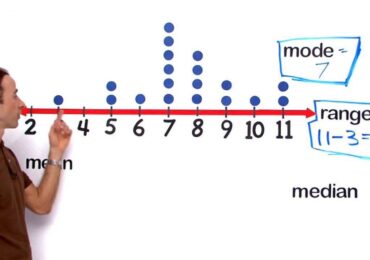Studying can be very expensive, and after you’ve looked into scholarships and grants as options for funding, you’ll probably want to check out the different types of student loans available.
There are both federal student loans and private student loans. You should look at both and compare the options.
So what are the different college loans that are available?
In this article, we’ll explain the main differences between the different types of student loans.
What Types of Student Loans Are Available?
There are three main types of student loans; federal loans, private loans, and refinance loans.
The government is responsible for paying Federal student loans, whereas both private and refinance loans are provided by banks and credit unions.
Overall, federal loans are generally more flexible. The type of student loan that is best for you will depend on a range of factors such as whether or not you have a credit score and your financial needs.
Federal Student Loans
There are three different types of federal student loan. All of these paid out by the government through the Federal Direct Loan Program.
Before you consider taking out a private student loan, you should always look at federal loans. You may find that these have favorable interest rates and better repayment options.
Direct Subsidized Loans depend on the financial need of the student.
An Unsubsidized Direct Loan is not based on financial needs. With this loan, you don’t need a co-signer, and they’re not based on your credit score. Your college will say how much you can borrow. This will be based on tuition costs as well as how much financial aid you’re receiving from elsewhere.
Direct Plus Loans are based on your credit history; The unsubsidized loans are for parents and professional students.
Private Loans
Once you have explored the possibilities associated with federal loans, you may want to see whether you’re eligible for a private loan.
As this type of loan is available from lending institutions such as from a bank or a credit union, then you’ll be subject to a credit check.
For students with bad credit, there are also personal loans available that can be used as student loans.
There is a wide range of different private loans available. Some of these loans are tailored toward students taking particular courses such as medicine or law.
Refinancing Loans
Once you’ve paid off part of your student loan, you may be able to refinance it.
That means that if you’ve kept up with payments on your loan for a long enough period and have a good enough credit score, then you may be able to get the bank to pay off your loan and give you a more favorable repayment schedule with lower interest rates.
Finding the Right Student Loan for You
Before you take out your student loan, you should always shop around and see which types of student loans give you the best interest rates and repayment terms. If you go for the first loan you find, you may not get the best deal.
For more useful articles, be sure and check out the rest of the site.









